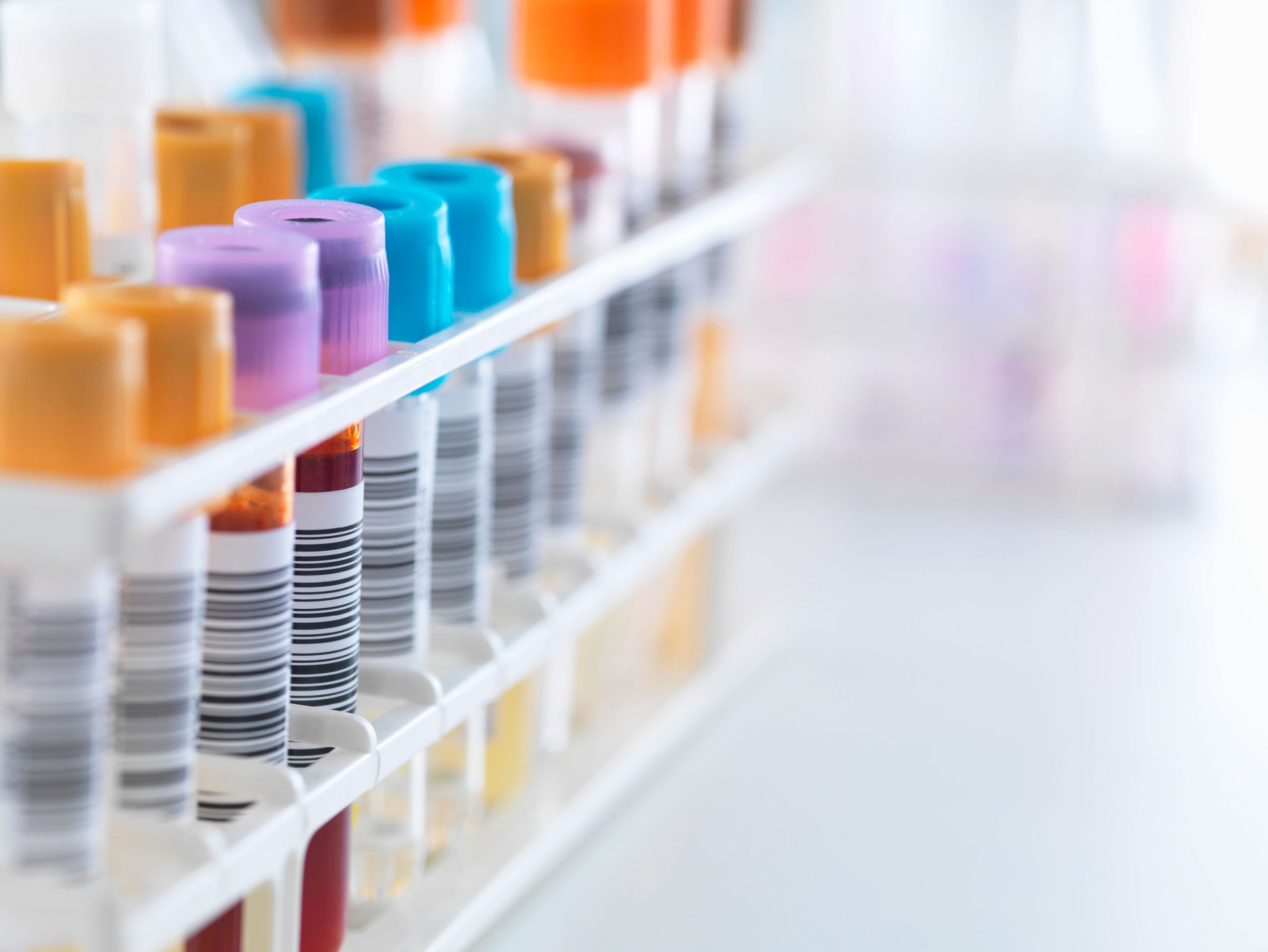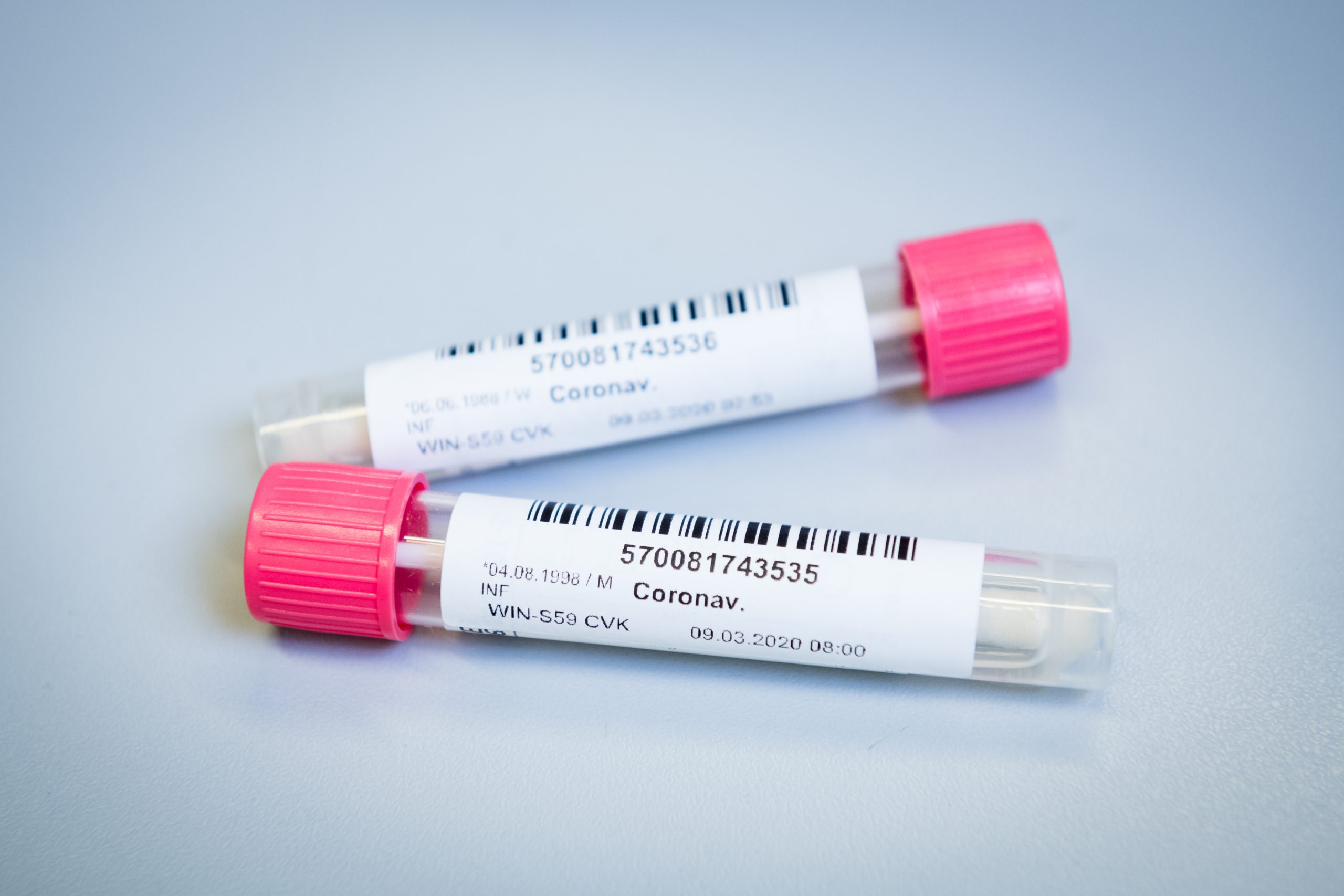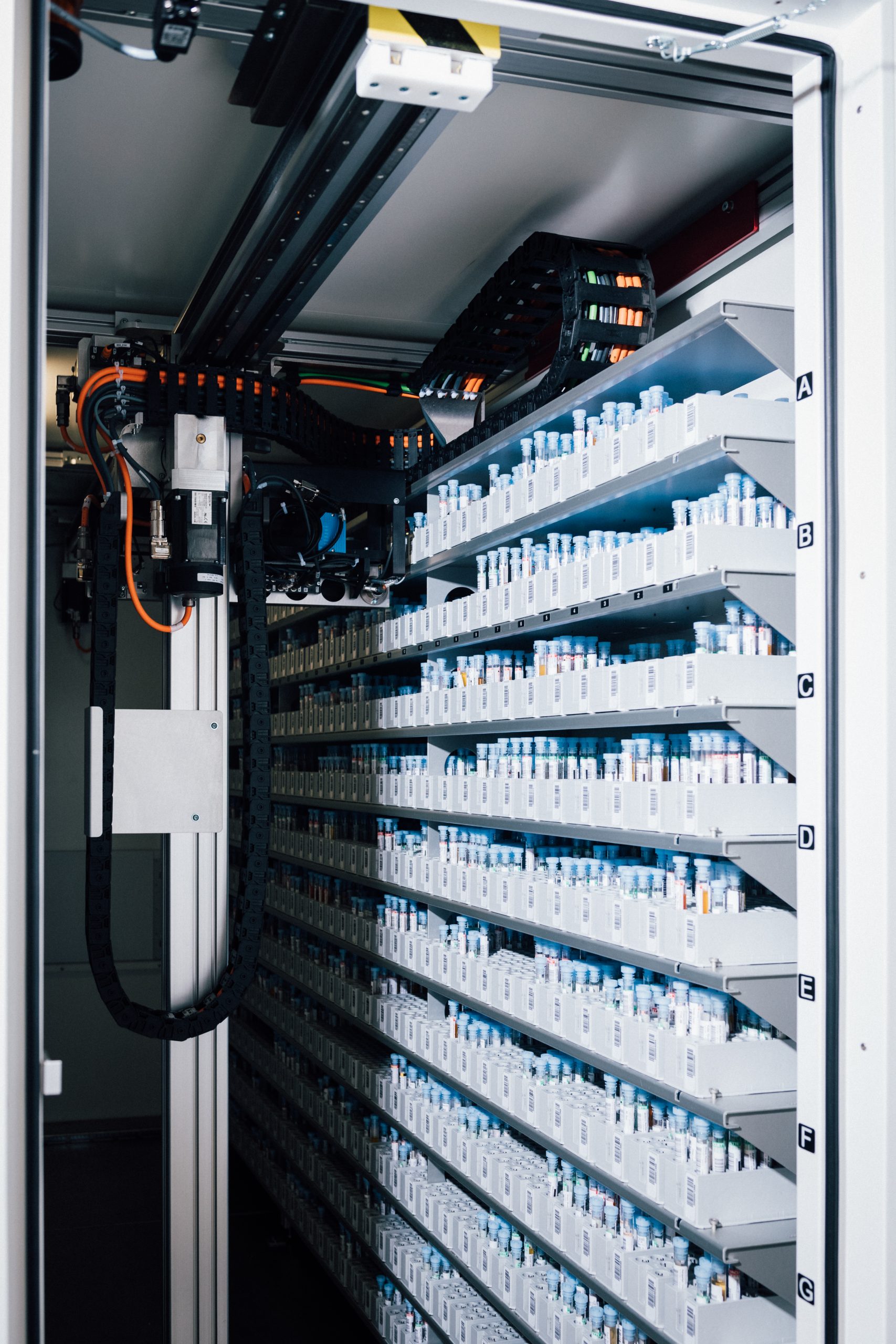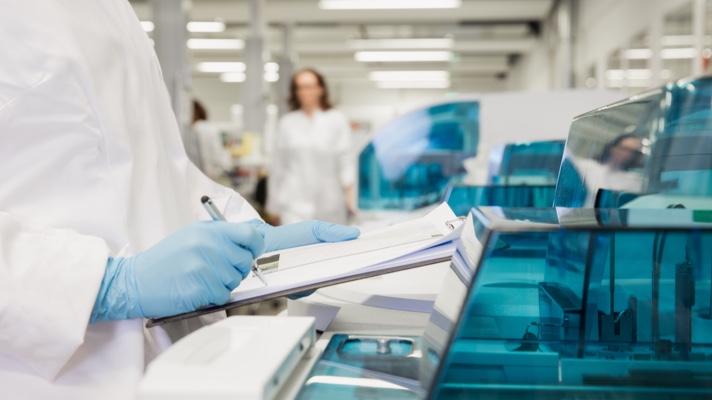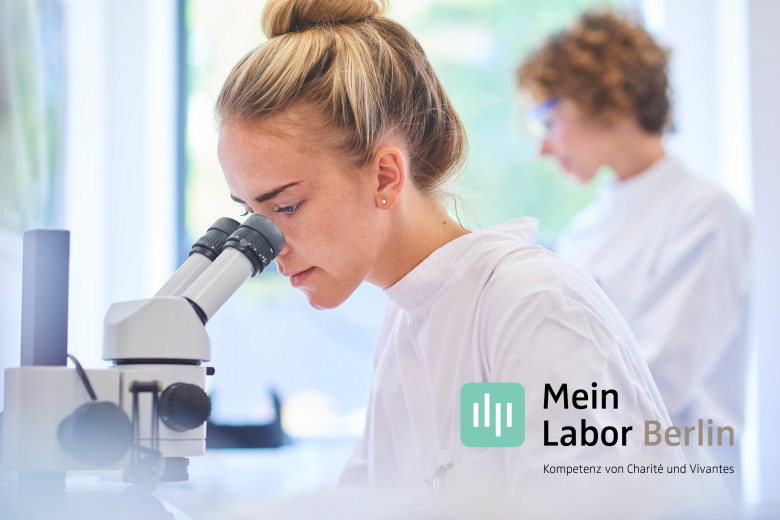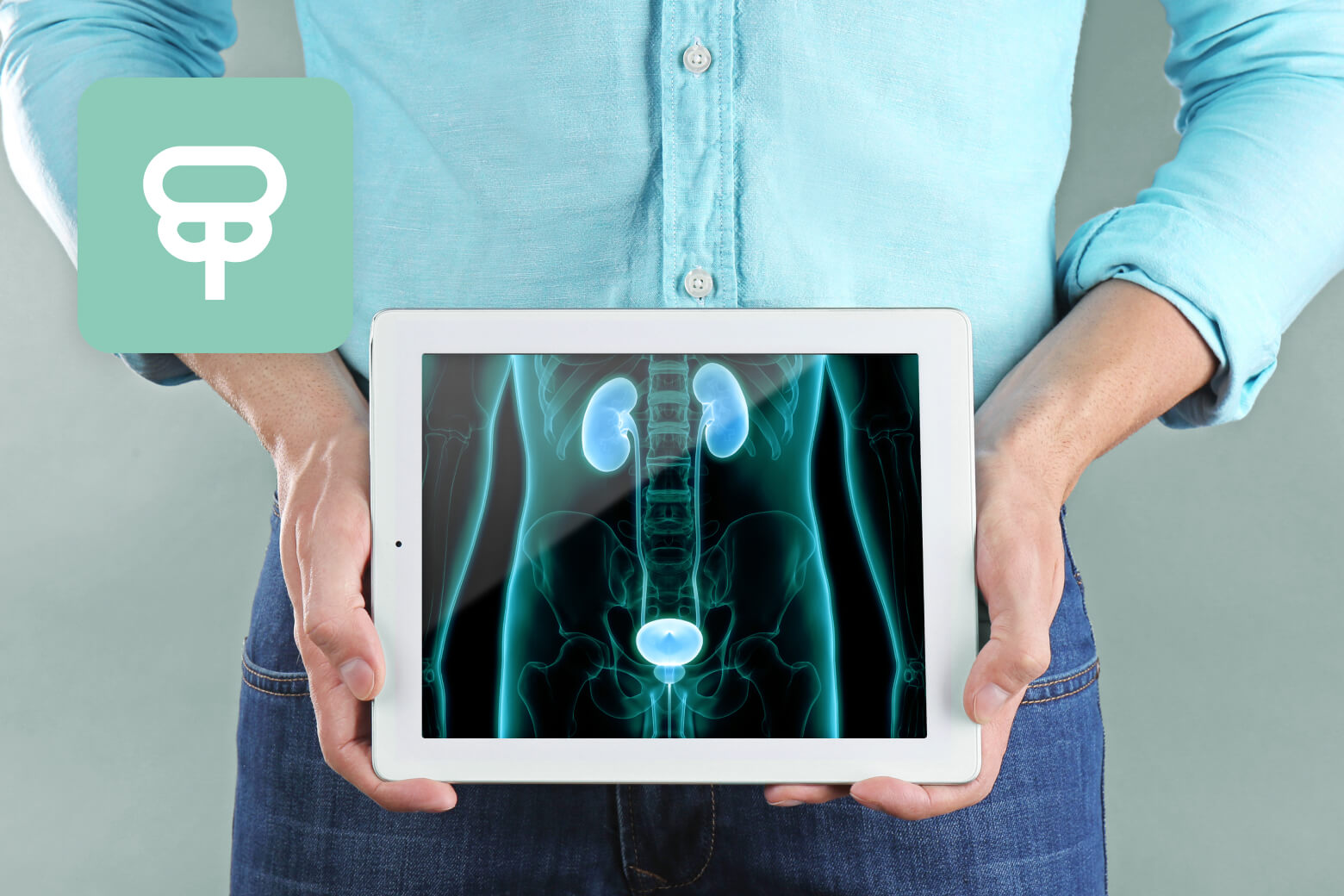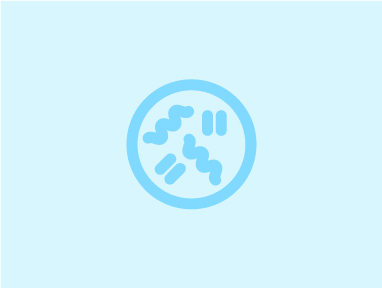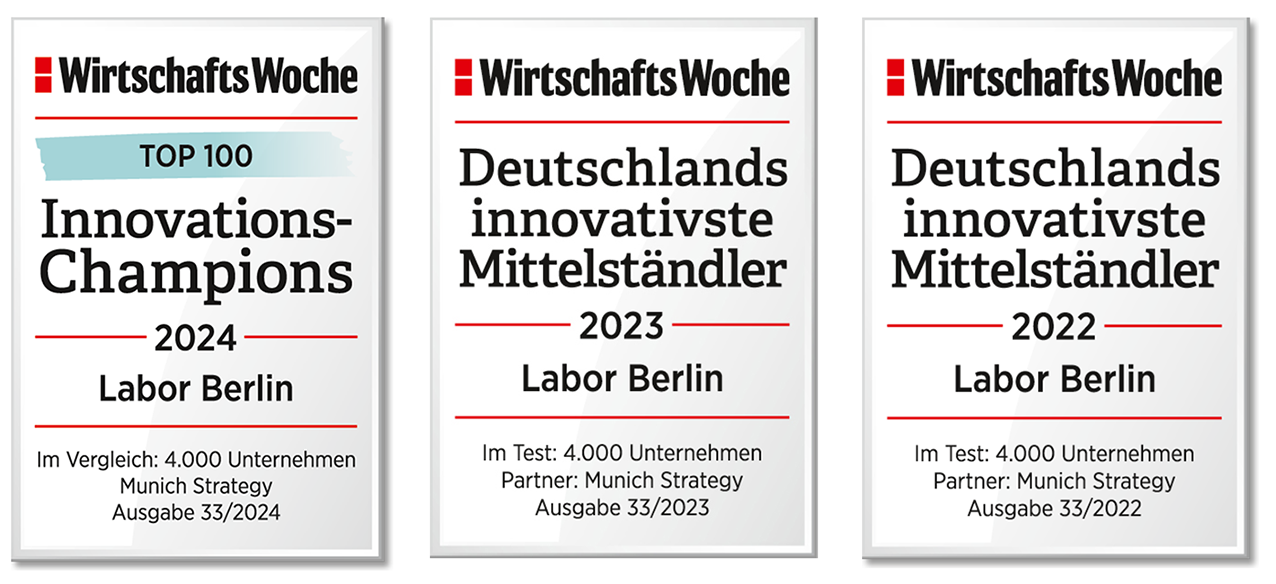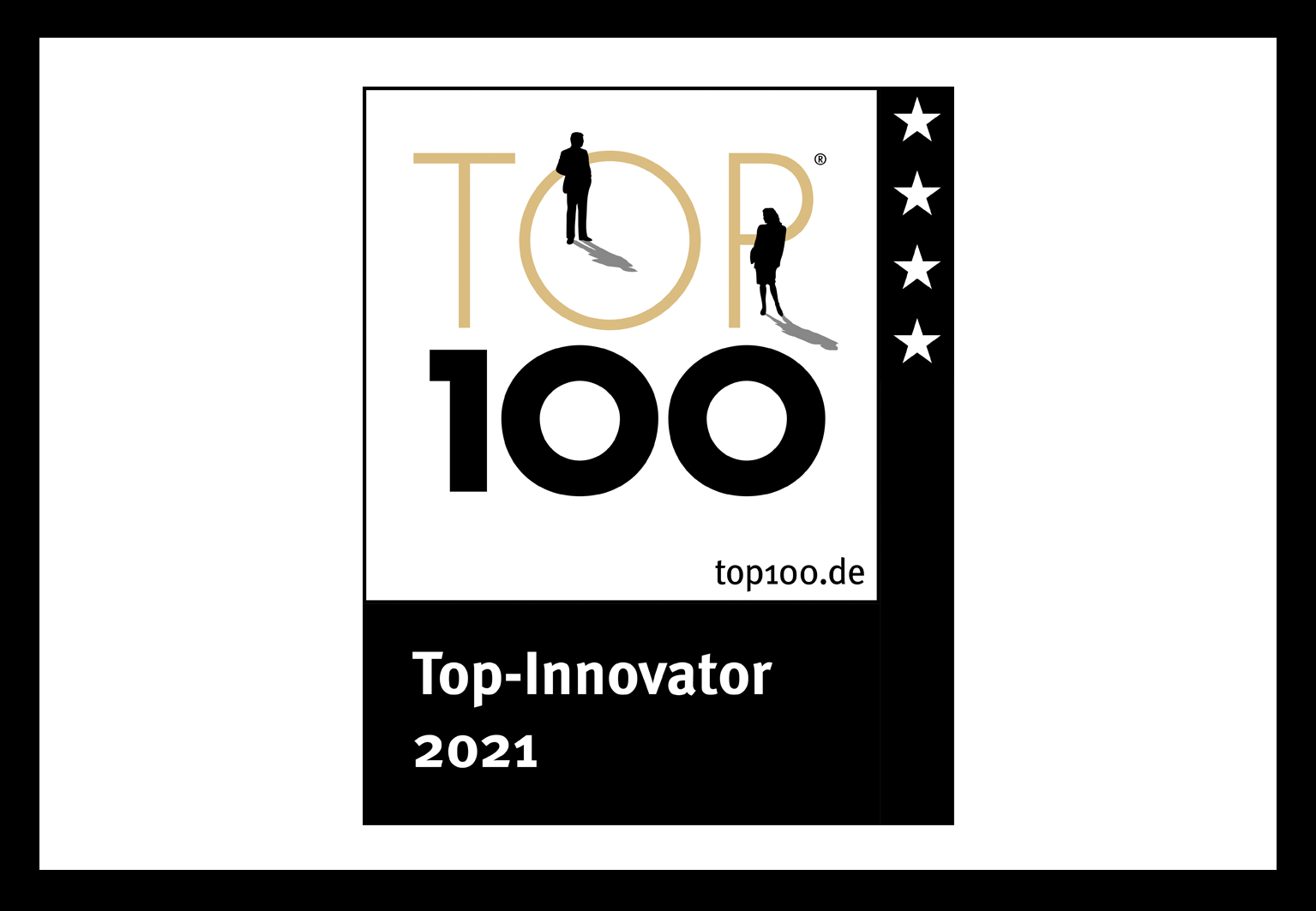Diagnostic cutting-edge medicine
Expertise of Charité and Vivantes.

What are you looking for?

Get started with Labor Berlin
Labor Berlin is a young company. As a subsidiary of Charité and Vivantes, Labor Berlin has excellent potential. A full 10 departments offer a particularly comprehensive range of state-of-the-art laboratory diagnostics in the company.
Career-
Human Genetics
![Humangenetik]()
The Department of Human Genetics emerged from the human genetics diagnostic laboratories of the Institute of Medical Genetics and the Institute of Human Genetics at Charité-Universitätsmedizin Berlin.
read more -
Autoimmune Diagnostics
![Autoimmundiagnostik]()
The specialist area of autoimmune diagnostics covers the entire methodological and technical spectrum for the diagnosis of diseases with an excessive reaction of the immune system against the body’s own tissue.
read more -
Allergy Diagnostics
![Allergiediagnostik]()
The entire spectrum of modern diagnostic methods for children and adults is available in the specialist area of allergy diagnostics. The diagnostics are carried out jointly by laboratory physicians, pediatricians and dermatologists.
read more -
Endocrinology & Metabolism
![Endokrinologie]()
The Endocrinology & Metabolism department combines expertise: the internal medicine, gynecology and pediatric experience of clinicians is combined with the expertise of pediatric metabolic medicine and laboratory diagnostics.
read more -
Hematology & Oncology
![Haema_Onko]()
Tumor diseases are extremely heterogeneous. A comprehensive set of diagnostic tools is often necessary to make an accurate diagnosis. These include immunological methods, genetics and cytogenetics as well as morphological procedures.
read more -
Immunology
![Immunologie]()
The Department of Immunology offers comprehensive diagnostics with a focus on cellular immunophenotyping and functional tests for patients with suspected primary or secondary immunodeficiencies as well as for intensive care medicine.
read more -
Laboratory Medicine & Toxicology
![Laboratoriumsmedizin]()
The Department of Laboratory Medicine & Toxicology provides 24-hour, round-the-clock laboratory medical diagnostics for Charité, Vivantes and numerous regional and national hospitals.
read more -
Microbiology & Hygiene
![Mikrobiologie]()
In keeping with the Berlin tradition of Robert Koch and Hans Christian Gram, microbiology is committed to using the latest methods to identify and characterize infectious agents.
read more -
Virology
![Virologie]()
Modern virology is a young and highly innovative field of activity for doctors and scientists. Scientific research and efficient patient care are mutually dependent and mutually beneficial.
read more -
Forensic Genetics
![Forensische_Genetik]()
The Department of Forensic Genetics deals with the DNA analysis of biological materials in order to provide evidence in legal disputes.
read more
